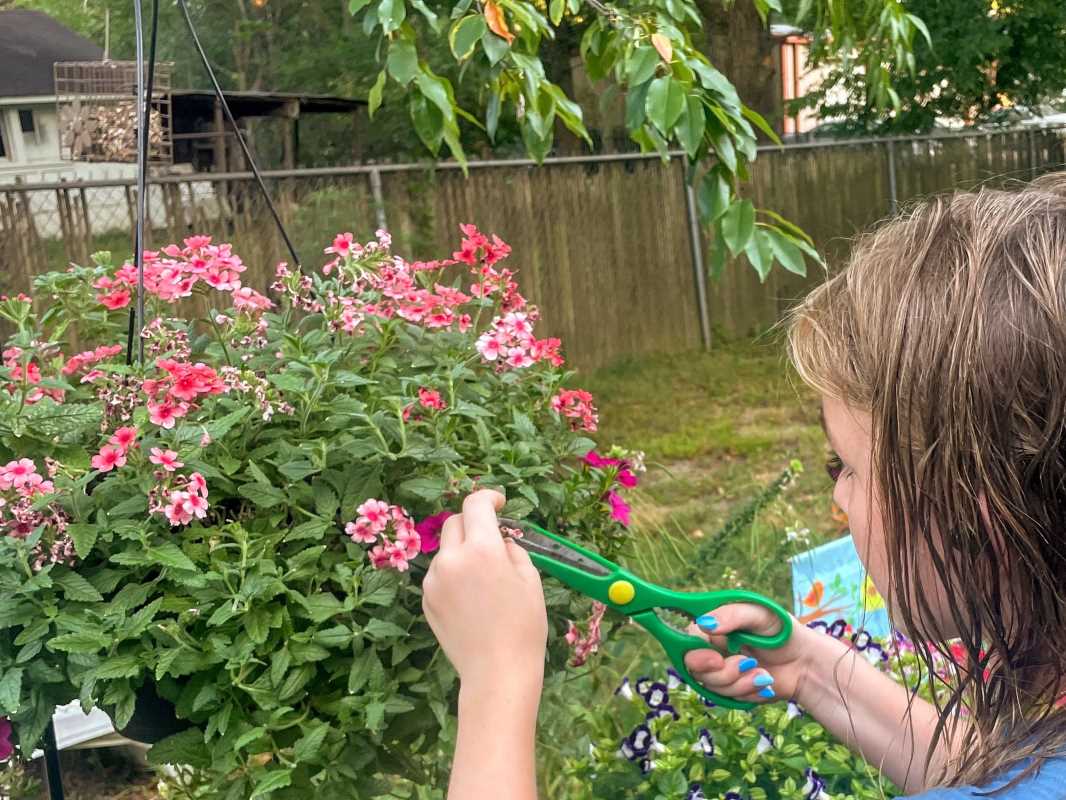Empowering children to build resilience is crucial for their overall well-being and development in challenging times. It enables them to navigate life's obstacles with confidence and strength. By implementing effective strategies, parents and caregivers can support children in cultivating resilience to thrive despite adversities. Resilient children are better equipped to manage stress, adapt to change, and face future challenges. Let's explore some key strategies for empowering children during challenging times.
Encouraging Positive Relationships
One essential strategy for building resilience in children is fostering positive relationships. Research shows that supportive relationships with parents, caregivers, teachers, and peers can significantly impact a child's ability to bounce back from difficulties. By prioritizing open communication, active listening, and creating a nurturing environment, children feel supported and valued. These relationships provide a sense of security and a safe space for children to express their emotions and seek guidance when facing challenges.
Teaching Problem-Solving Skills
Another effective strategy for empowering children is teaching them problem-solving skills. Encouraging children to approach challenges with a solution-focused mindset equips them with the tools to navigate difficult situations effectively. By involving children in problem-solving discussions and decision-making processes, they develop critical thinking skills and learn to proactively address problems. This hands-on approach fosters independence and resilience, enabling children to tackle obstacles with confidence and perseverance.
Promoting Emotional Regulation
Emotional regulation is a key component of resilience. Teaching children healthy coping mechanisms and emotional regulation strategies empowers them to manage their feelings in stressful situations. By encouraging mindfulness practices, deep breathing exercises, and positive self-talk, children learn to regulate their emotions and reduce anxiety. Developing emotional awareness and coping skills equips children with the resilience to navigate challenges while maintaining a sense of calm and composure.
Cultivating Growth Mindset
Instilling a growth mindset in children is essential for building resilience. Emphasizing the power of 'yet' and reframing failures as opportunities for growth helps children develop a positive outlook towards challenges. Encouraging perseverance, resilience, and a belief in their ability to improve through effort cultivates a growth mindset that fuels their resilience. By praising effort, resilience, and progress, children learn to embrace challenges, bounce back from setbacks, and strive for continuous improvement.
Supporting Self-Care and Well-Being
Promoting self-care practices and prioritizing well-being are vital components of building resilience in children. Teaching children the importance of self-care activities such as adequate sleep, healthy nutrition, physical exercise, and relaxation techniques fosters positive habits that support their overall well-being. By modeling self-care behaviors and emphasizing the significance of mental and emotional health, children learn to prioritize self-care and develop resilience to cope with life's challenges effectively.
Empowering children to build resilience during challenging times is a fundamental aspect of supporting their growth and development. By implementing effective strategies such as fostering positive relationships, teaching problem-solving skills, promoting emotional regulation, cultivating a growth mindset, and supporting self-care, parents, and caregivers can empower children to navigate adversities with resilience and confidence. These strategies equip children with the tools they need to thrive, adapt to change, and overcome obstacles, setting a strong foundation for their future success and well-being.
 (Image via
(Image via





